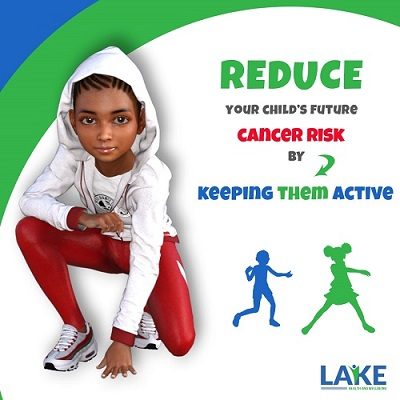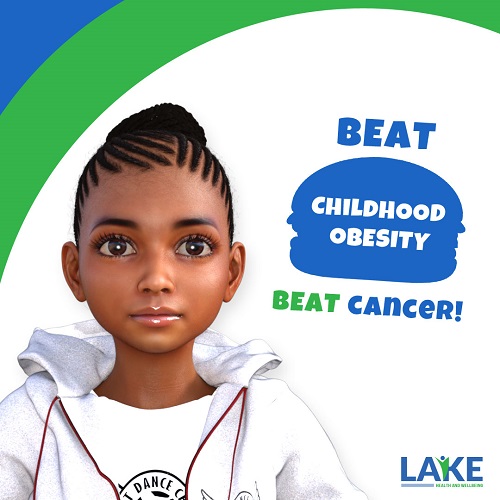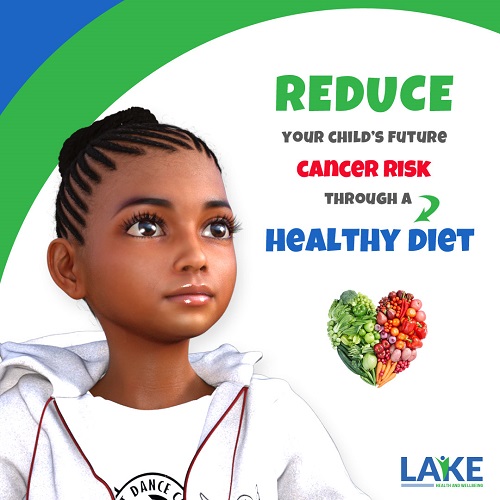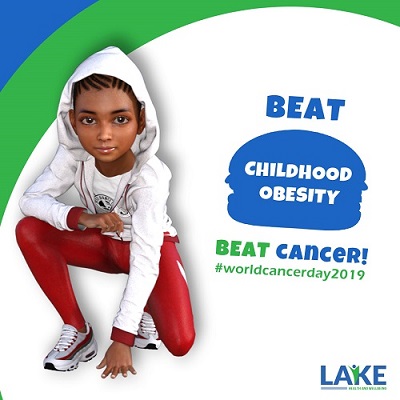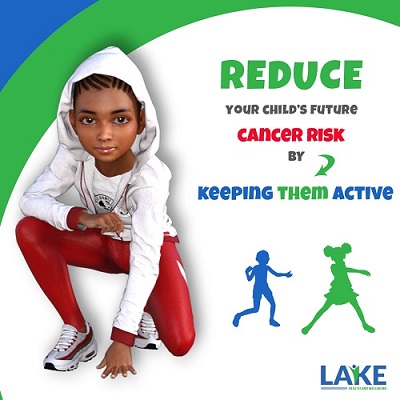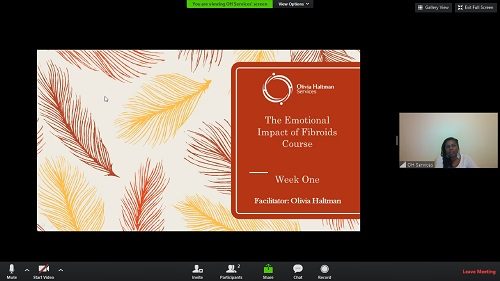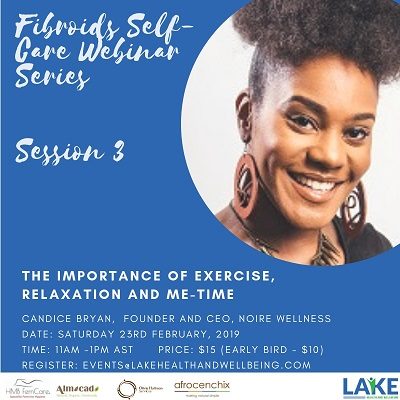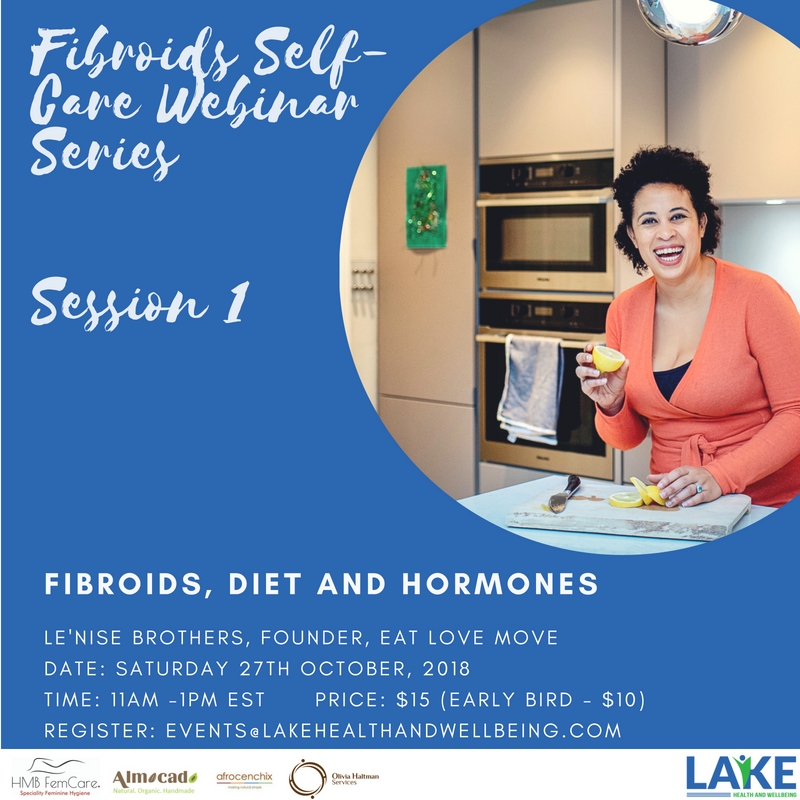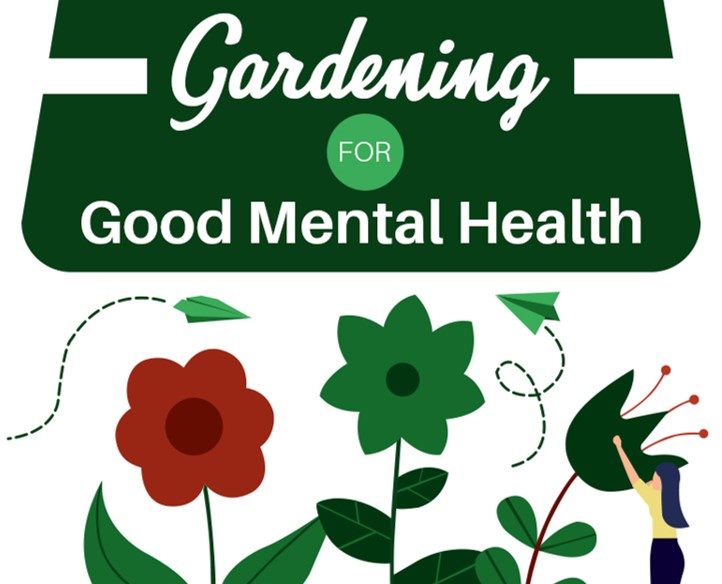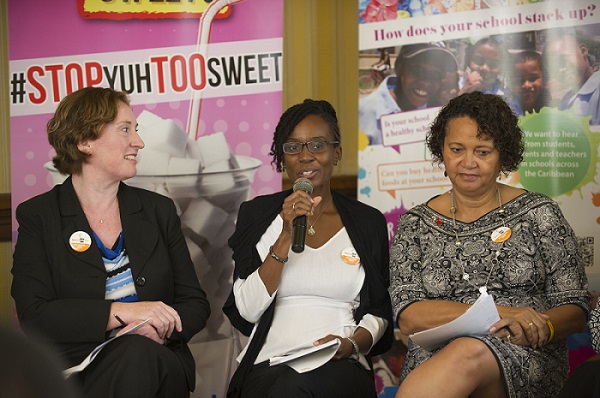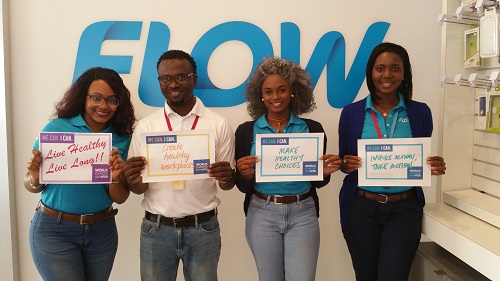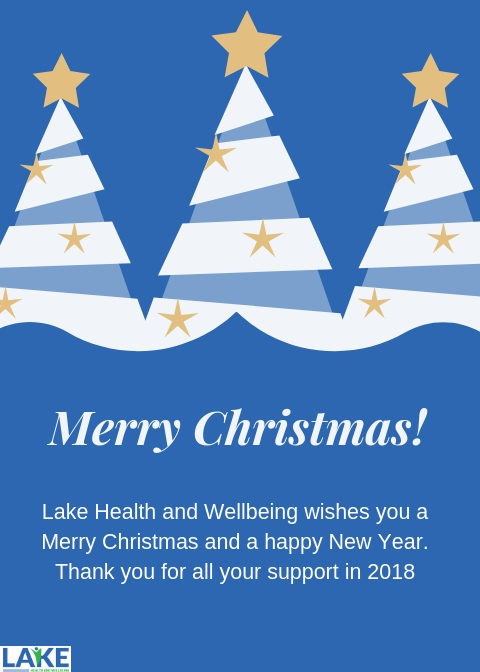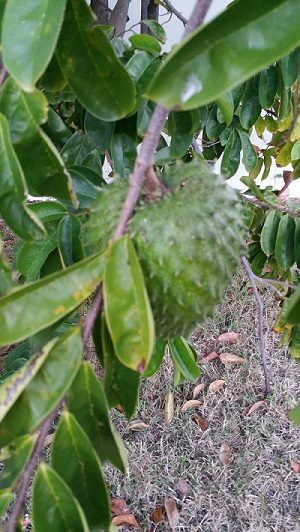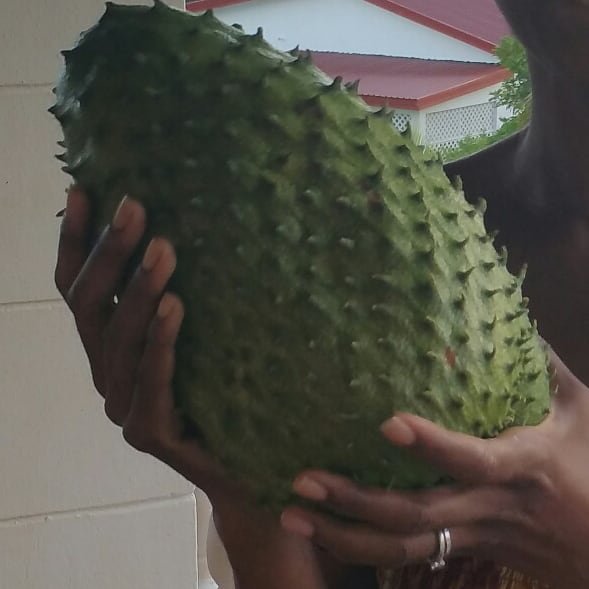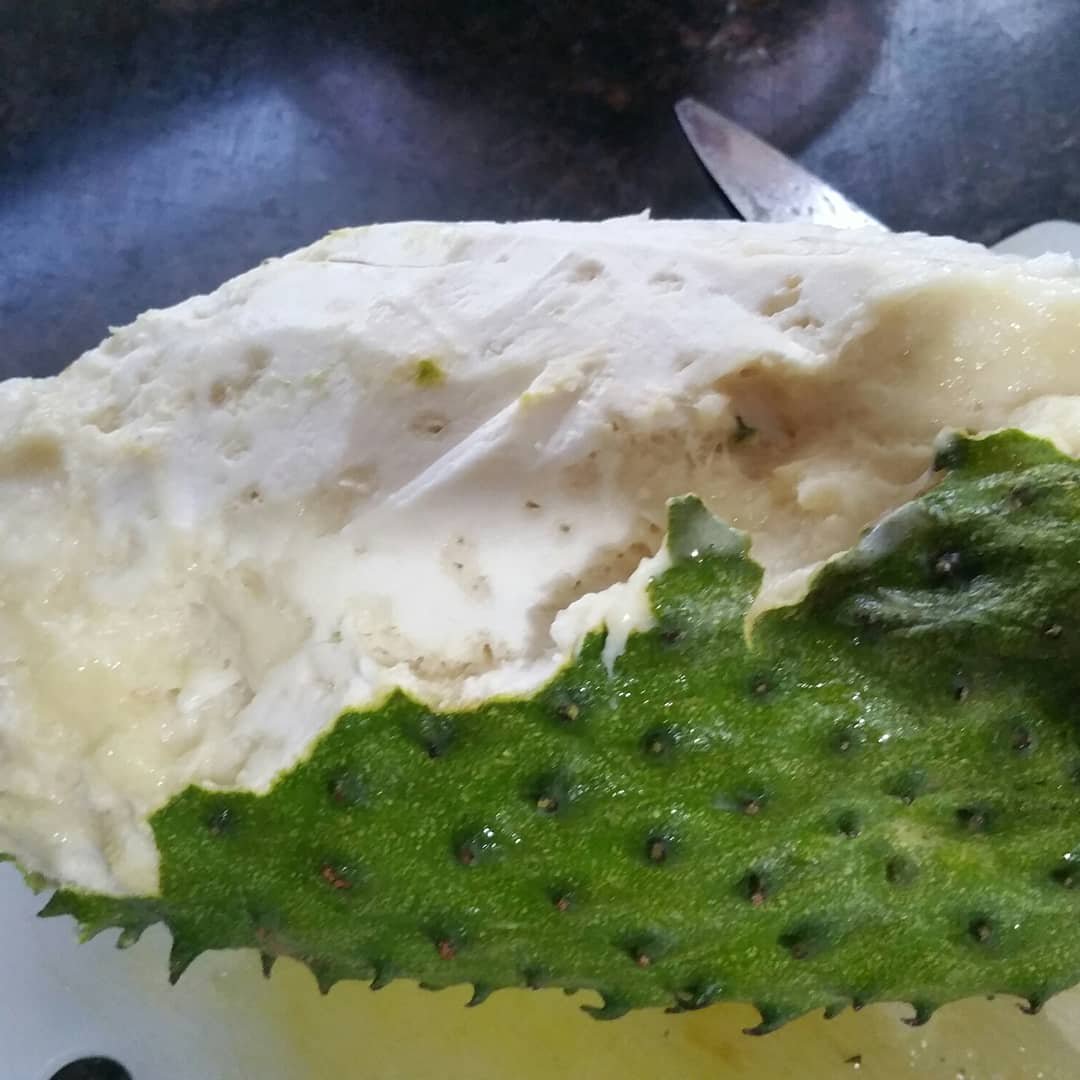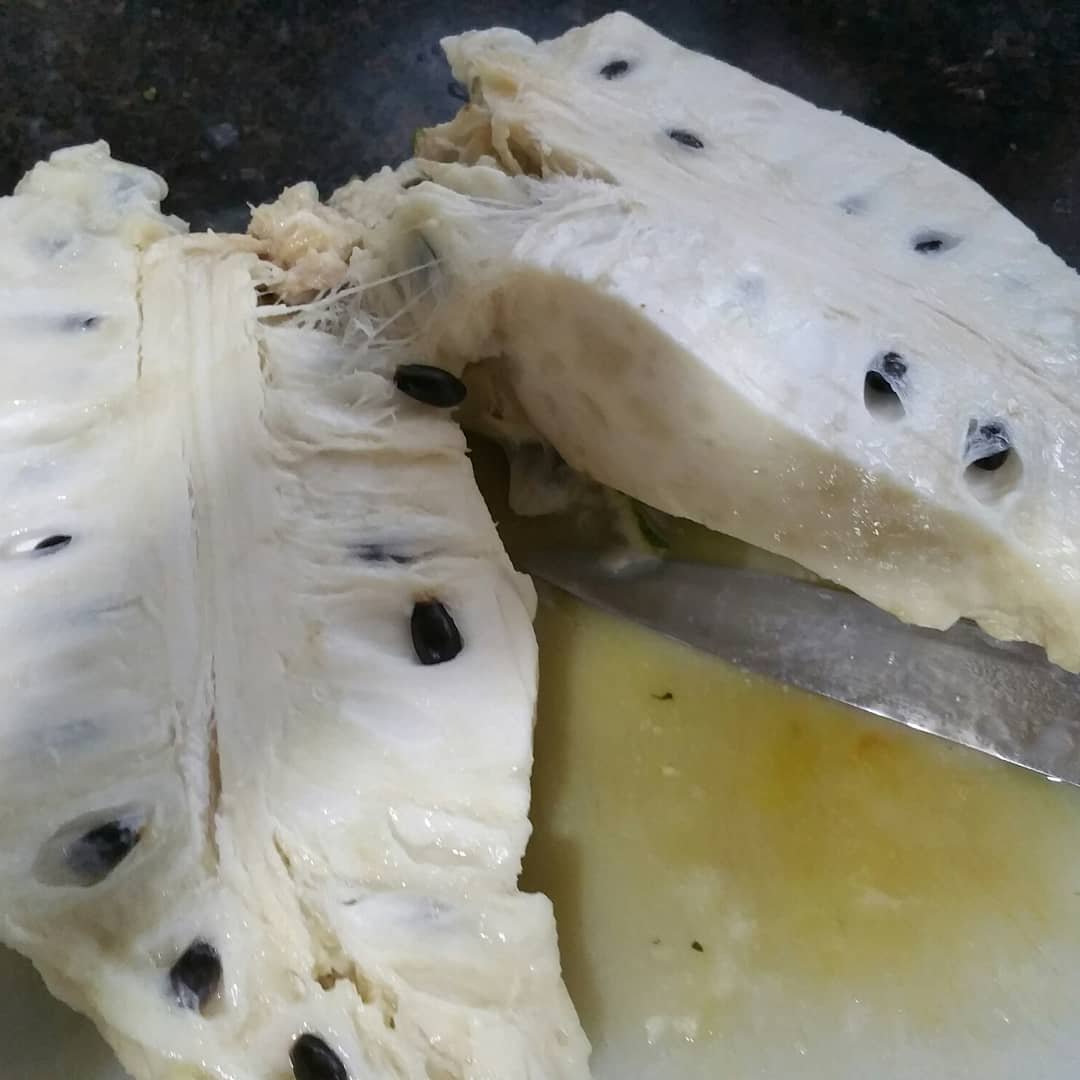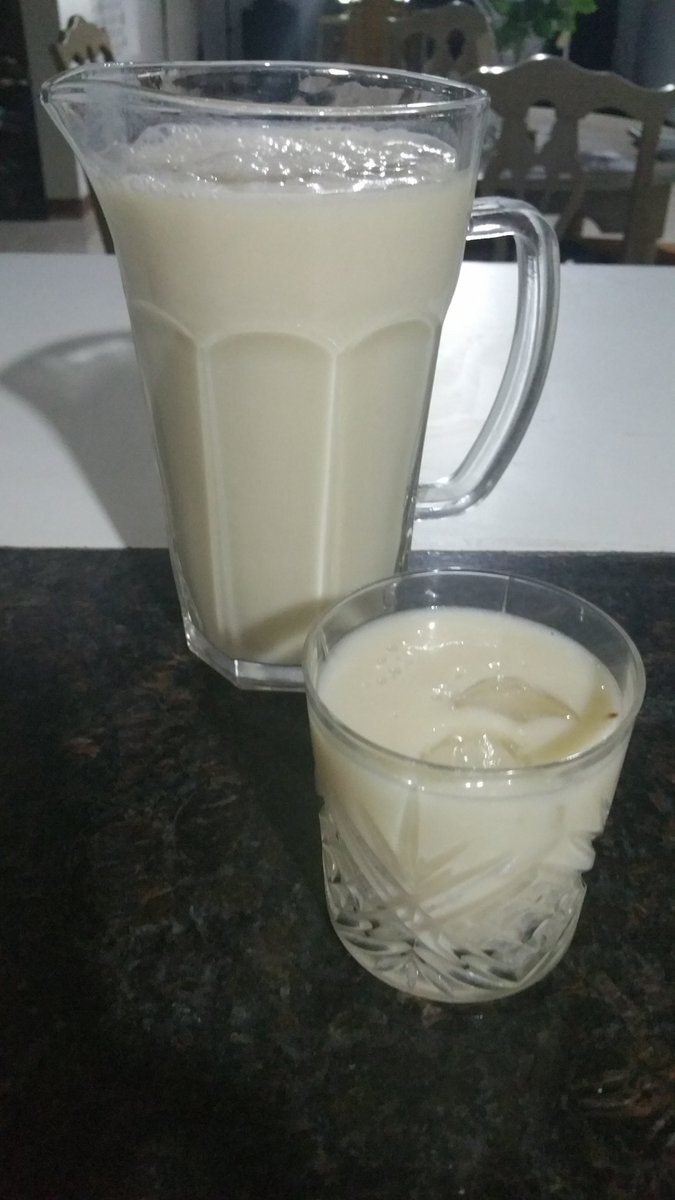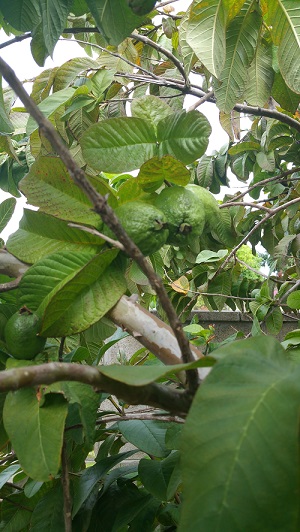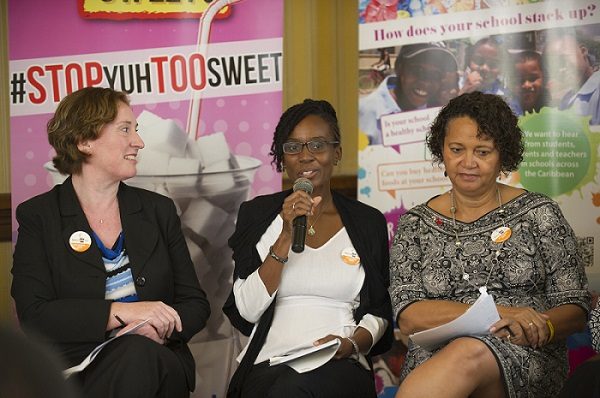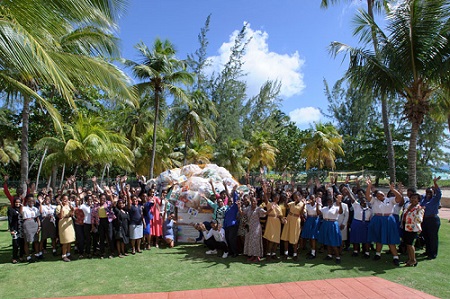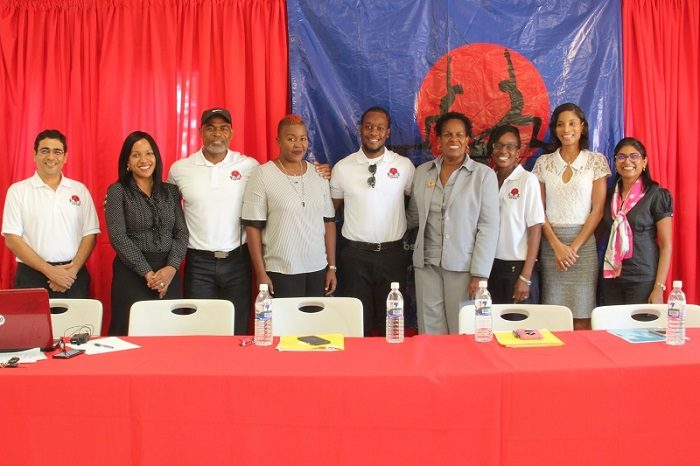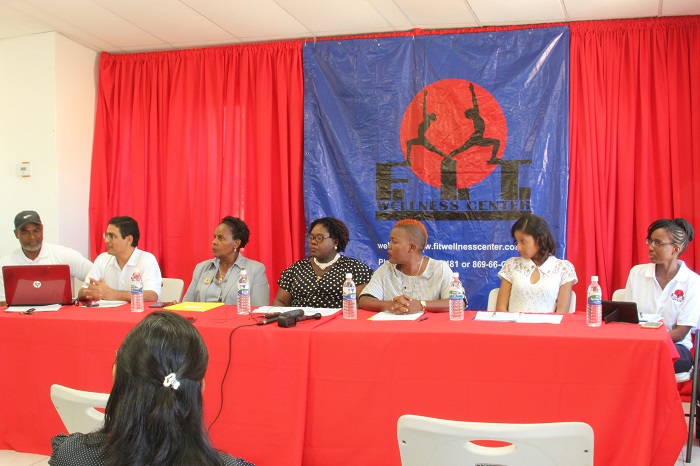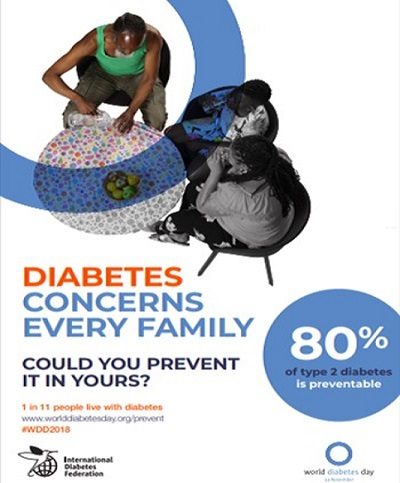On World Cancer Day We Put the Focus on Childhood Obesity
World Cancer Day is on 4th February and it gives the world the opportunity to come together to raise awareness and campaign on key issues to improve the care, support and treatment given to patients.
Organisers, the UICC, announced that the theme for World Cancer Day is #IAmAndIWill and this theme highlights that fact that whoever you are, you have the power to reduce the impact of cancer for yourself, the people you love and for the world.
The campaign therefore encourages everyone to make a commitment by using the hashtag and sharing who you are and what you will commit to in order to tackle cancer.
Our #IamAndIWill Commitment for 2019-2021
Our World Cancer Day commitment is to focus on children and raise awareness of the fact that overweight or obese children are more likely to become overweight or obese adults, and being overweight as an adult increases a person’s risk of developing cancer. In fact, the World Cancer Research Fund has found that being overweight or obese throughout adulthood is linked to an increased risk of developing 12 types of cancer.
Our campaign appeals to parents to reduce their children’s future cancer risk by ensuring they’re a healthy weight now, and this can be achieved by ensuring that children:
- Are physically active and take part in 60 minutes of physical activity every day
- Eat a healthy diet
Childhood obesity is a significant challenge here in St Kitts and Nevis. A PAHO report revealed that 33% of secondary school children in the twin island state were overweight and 14% were obese. More recently, in 2017, a UNICEF report stated that 26% of children in St Kitts and Nevis are obese. We have to tackle childhood obesity to improve the health of our children to ensure they become happy, healthy adults.
We believe that by beating childhood obesity we can also contribute to beating cancer, and other non-communicable diseases (NCDs).
“I am Lake Health and Wellbeing and I will make an impact by spreading the word
about childhood obesity increasing a child’s future cancer risk” – #IamAndIWill
What We’re Doing Beyond World Cancer Day
Our work doesn’t stop after World Cancer Day, we’re working to beat childhood obesity all year round through our new childhood obesity prevention project.
We’re currently working on developing innovative resources to get children active so they can easily get to and maintain a healthy weight.
How You Can Get Involved
You can get involved by raising awareness on social media and sharing your thoughts on this issue. You can use any of the images below or the short video clips below.
Also, we’d love it if you could support us by making a donation, which will go towards our childhood obesity prevention project.
You can make a donation below:
[asp_product id=”5804″]Thank you for any support you’re able to provide and we hope you’ll join us for World Cancer Day to #BeatChildhoodObesity and #BeatCancer
References
- UNICEF, Situation Analysis of Children in the Federation of St Kitts and Nevis, UNICEF Office for the Eastern Caribbean Area and the Government of St Kitts and Nevis, Christ Church, Barbados, 2017
- PAHO, Health in the Americas, 2012: St Kitts and Nevis, PAHO, 2012
- World Cancer Research Fund, Diet, Nutrition, Physical Activity and Cancer: A Global Perspective, World Cancer Research Fund International, London, UK, 2018.







